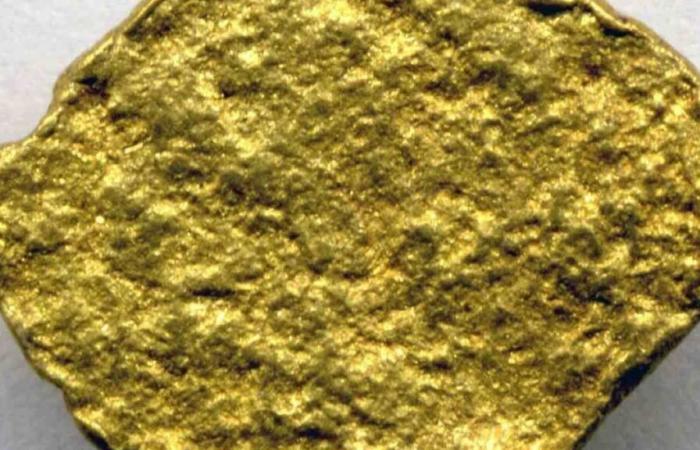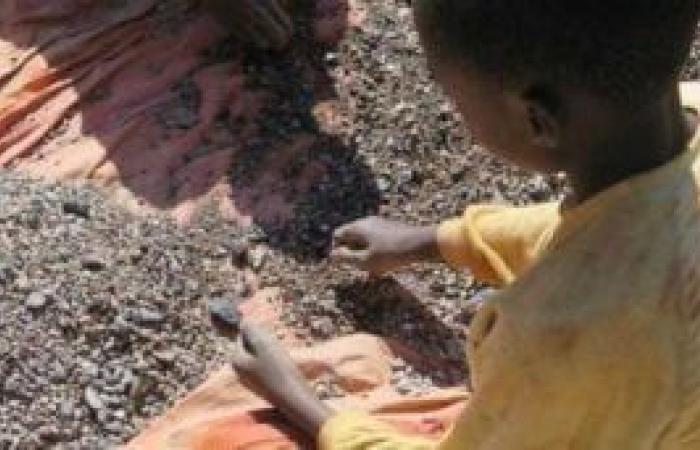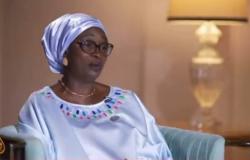From the DRC to Mali, African states are stepping up against foreign mining giants. While 435 tonnes of gold are illegally extracted each year from the continent, governments are tightening their legislation and no longer hesitate to confront multinationals directly. Mali is leading the way by demanding more than $500 million from Barrick Gold and arresting executives at Resolute Mining, signaling the end of an era where foreign companies dictated terms.
The exploitation of gold mines in Africa reveals a brutal reality. On this continent, which is home to some of the richest gold deposits in the world, the majority of profits escape local populations, instead feeding criminal networks and fueling conflicts. However, a dynamic of recovery is emerging.
A craft sector under pressure
The World Gold Council draws up a clear observation: artisanal and small-scale mining represents 20% of the world’s gold supply and mobilizes 80% of workers in the sector. This activity, vital for millions of people in more than 80 countries, remains marked by dangerous working conditions. The use of mercury, non-compliance with environmental standards and the exploitation of children are commonplace.
In Africa, this artisanal exploitation is particularly dominant in Burkina Faso, Mali, Ghana and the Democratic Republic of Congo (DRC). Operating mainly in the informal sector, it opens the way to illicit practices depriving States of considerable resources. In 2022, the continent saw 435 tonnes of gold illegally mined, or 30.7 billion dollars evaporated in nature.
The control of armed groups
Artisanal gold attracts criminal desires. In the Sahel, terrorist organizations, whether affiliated with Al-Qaeda or the Islamic State, impose their law on local minors under the cover of religious obligations. These “taxes” directly fuel armed insurgency and regional instability.
In this troubled game, the Wagner group, now directly replaced by Russia, has managed to carve out its share. Present in central and west Africa, it has generated more than 2.5 billion dollars since 2022 thanks to gold mining, funds re-injected into Russian military operations in Ukraine.
An African response is being organized
Faced with this situation, some African countries are going on the offensive. Mali, in particular, is waging an unprecedented campaign against large foreign mining companies. In October 2024, Bamako claims $512 million from Barrick Gold for tax arrears. The Canadian giant, which controls 80% of Loulo-Gounkoto’s mines, is forced to bend and temporarily suspend the procedure.
The noose is also tightening around Resolute Mining Ltd. In November 2024, its general director Terry Holohan was arrested in a hotel in Bamako with several executives. The Australian company, which owns 80% of the strategic Syama mine, faces accusations of forgery and damage to public property.
This offensive is part of a complete overhaul of the Malian mining sector. The Minister of Mines announces that the review of contracts with B2Gold, Allied Gold and Robex should bring in an additional 245 billion CFA francs per year. The objective is to increase state participation from 20% to 35% in mining projects and to reduce tax advantages for foreign companies.
The human and environmental cost
On the ground, local communities pay a high price. Deforestation is accelerating, soils and waterways are contaminated by mercury and cyanide. Conflicts over control of resources often force populations into exodus.
In the DRC, the situation is particularly critical. Armed militias control the majority of artisanal mining, subjecting miners to systematic extortion. A 2017 report reveals that almost all of the country’s artisanal gold escapes official channels.
Initiatives are emerging to formalize artisanal mining. The Minamata Convention on Mercury and the World Gold Council’s Principles for Responsible Mining provide regulatory frameworks. But their implementation is hampered by a lack of international cooperation and political will.
However, the message from African governments to foreign investors is becoming firmer: the era of unbalanced contracts is coming to an end. Mining companies will have to contribute more to local development and accept increased control of their activities. This dynamic, observed in Mali but also in Burkina Faso and Niger, could mark a turning point in the management of the continent’s gold resources.







